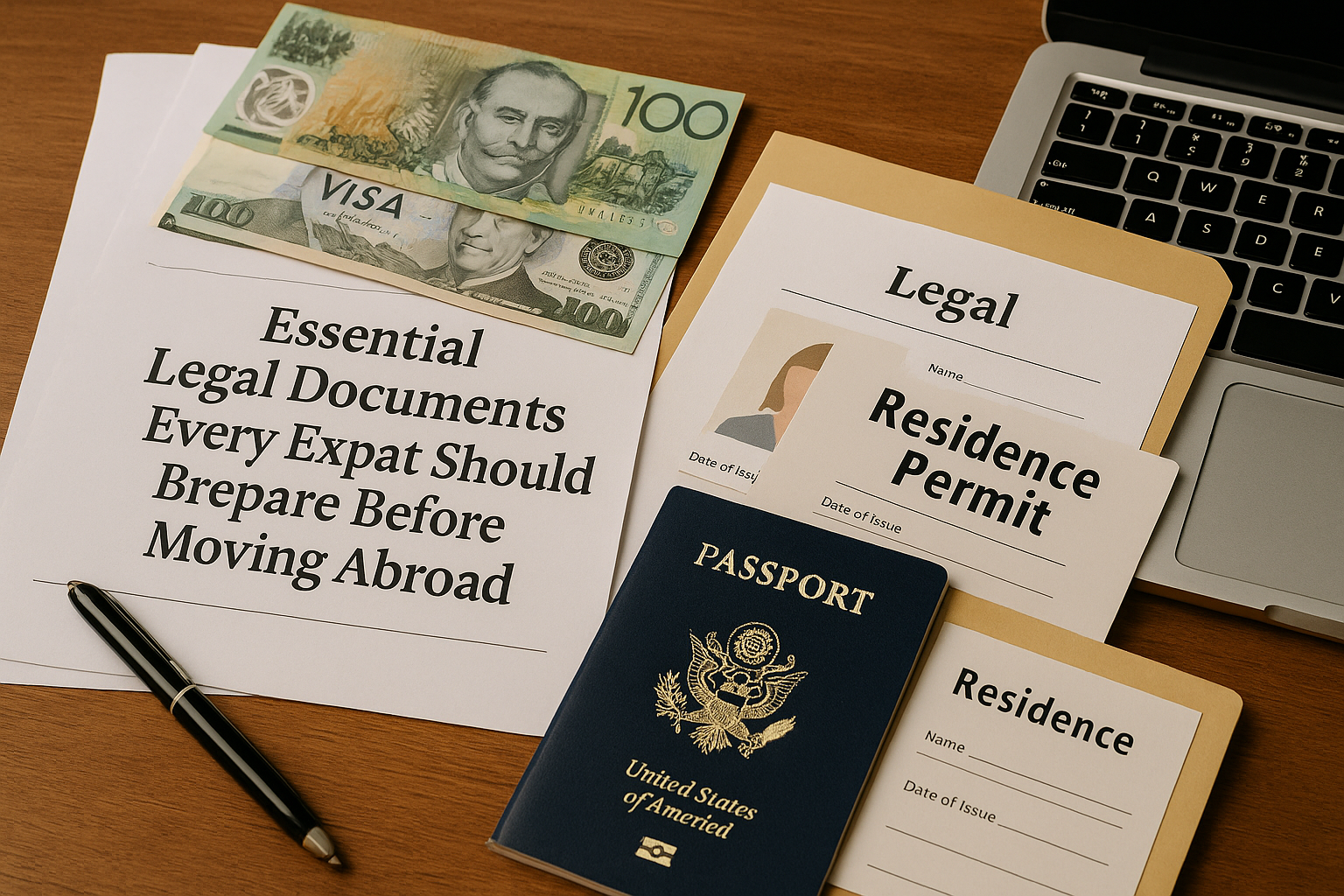Subtitle: A Practical Guide for Digital Nomads and Immigrants to Earn Safely and Legally
[secstion 1:Why Your Side Hustle Can Get You Deported]
Many immigrants and visa holders dream of building a side hustle for extra income. But here’s the harsh reality: if you earn money the wrong way, it can violate your visa terms — and get you deported. Even simple online earnings like freelancing or affiliate marketing can raise red flags if you don’t structure them properly.
This guide will help you earn money without breaking immigration laws. Whether you’re on an F-1 student visa, an H-1B work visa, or a digital nomad in a grey zone, the way you set up your side hustle matters.
[Section 2: Real Cases of Visa Trouble from Side Hustles]
- Case 1: An F-1 student starts selling digital products via Etsy and gets caught during a visa extension interview.
- Case 2: An E-2 visa holder offers paid coaching via Zoom without reporting business changes, and faces a status revocation.
- Case 3: A B-2 tourist starts a YouTube channel and monetizes it — unaware that ad revenue is considered “work”.
These aren’t rare cases. Immigration systems are getting more sophisticated at tracking digital income. Your blog, YouTube, Fiverr profile — it’s all visible.
[Section 3: Visa-by-Visa Rules for Side Hustles]
| Visa Type | Can You Earn? | Conditions |
|---|---|---|
| F-1 (Student) | No, unless on-campus or CPT/OPT | Any other income can void your visa. |
| J-1 (Exchange) | Very limited | Only if DS-2019 lists work authorization. |
| H-1B (Work) | Not outside your employer | Second income not allowed unless sponsored. |
| E-2 (Investor) | Yes, if income is from registered business | Must match business plan. |
| B-1/B-2 (Visitor) | Strictly no work | Any earning = violation. |
| D-10 (Korea job-seeker) | Careful—some online earning is tolerated but not formally allowed. |
Bottom line: don’t guess—structure.
[Section 4: 3 Legal Structures That Help You Earn Without Breaking Visa Rules]
- Foreign-Based Entity (Your Home Country LLC)
- Income is routed to a business registered abroad
- Taxes paid in origin country
- Seen as “passive” income on U.S. side
- Works best for blogs, affiliate income, online stores
- U.S.-based LLC (With ITIN)
- For E-2, O-1, and permanent residents
- You can pay yourself as an owner
- Adds credibility for business income
- May need visa adjustment if work is active
- Nominee/Partner-Based Operation
- Business owned by a trusted U.S. resident
- You act only as consultant/creative
- Risky if not documented correctly
- Legal contracts are essential
[Section 5: What Is “Passive” vs. “Active” Income?]
This distinction matters.
| Income Type | Example | Visa Risk |
|---|---|---|
| Passive | AdSense from blog, dividend, rental | Low to None |
| Active | Freelancing, coaching, digital services | High risk if not authorized |
Strategy:
→ Turn “active” income into “passive” streams using automation, scheduling tools, and partners.
[Section 6: Smart Platforms for Low-Risk Earning]
If your visa is strict, avoid gig platforms like Upwork or Fiverr unless allowed.
Safer options include:
- Print-on-demand stores (Redbubble, TeeSpring)
- Affiliate marketing (Amazon, travel tools, software)
- Ad-monetized blog or YouTube (if registered to entity)
- Stock photography or music licensing
[Section 7: Real Example – A Korean F-1 Student’s Blog Setup]
Jisoo, an F-1 student in California, wanted to earn from her blog but couldn’t legally work.
Solution:
Set up an LLC in Korea
Wrote blog in Korean and English
Monetized via affiliate and AdSense
Received income into Korean bank
Result: No U.S. work performed, taxes paid in Korea, visa remained clean.
[Section 8: Your Legal Checklist Before Earning Online]
- ☐ Know your visa restrictions
- ☐ Decide on a business structure
- ☐ Separate personal and business accounts
- ☐ Register for taxes where applicable
- ☐ Document everything (contracts, emails, earnings)
- ☐ Avoid “cash under the table” methods
[Section 9: Final Thoughts – Earn Wisely, Stay Legally]
Money is important, but so is your status.
Never risk your immigration standing for short-term profit.
Instead, use smart structures, legal setups, and trusted platforms to build a lasting income — one that won’t get you banned or deported.
📌 Coming Up Next
The Best Online Platforms for Immigrants to Start Earning Today
→ We’ll explore trusted sites where immigrants and visa holders can start earning immediately—without breaking any rules.

